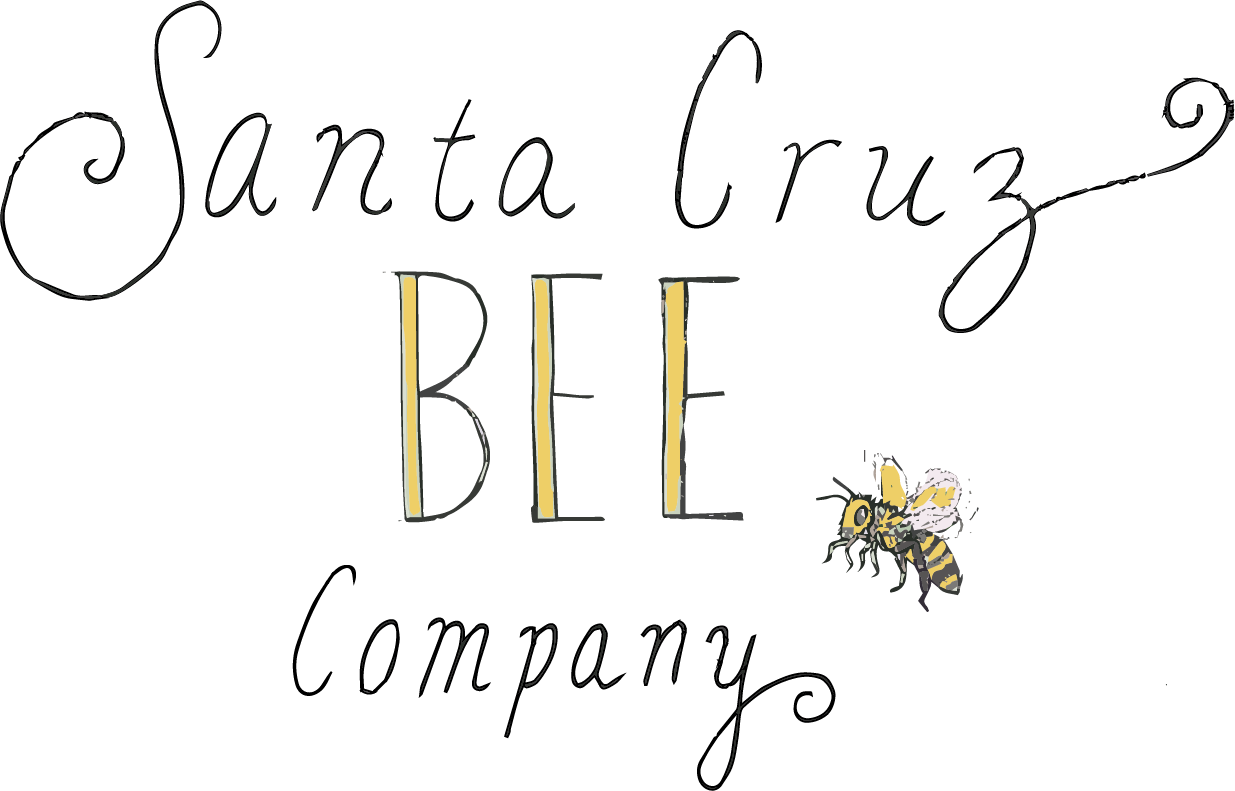I was recently invited to present at the 80th annual American Beekeeping Federation conference in early January 2023. Over the past couple years I have been observing accelerated queen loss and supersedure, so I decided to pitch a talk called “What Happened to my queen? Translating queen quality for newer beekeepers” What it boiled down to was that it’s a multifaceted problem, but the issue very likely lies just as much or more in the drone populations and their sperm quality and viability (i.e. perhaps it’s almost entirely a drone issue)! If you would like to learn more about details of the talk, see the slides, etc. you can email me directly at santacruzbeeco@gmail.com
Aside from giving this talk, I was able to attend a number of excellent presentations. The show stopper, the current all-star of the beekeeping world, is Dr. Sammy Ramsey. His keynote was titled “How to avoid a pollinator pandemic”. He outlined the very serious lack of knowledge and deep need for apiarists and researchers worldwide to learn more about the Tropilaelaps mite. The Varroa destructor mite jumped subspecies hosts from Apis cerana to Apis mellifera. The small ectoparasite known as Tropilaelaps spp. (there are 4 species) has also transitioned– this time from Apis dorsata to Apis mellifera. These “Tropi” mites, as Dr. Sammy refers to them, are wreaking havoc in southeast Asia. They are about ¼ the size of Varroa mites, so even harder for beekeepers to observe in the hive. Tropilaelaps reproduce more rapidly inside the capped brood, and they inflict multiple feeding wounds on the pupae and on the adult bees. For this small amount that we do know Tropi mites, there is so much more that we need to learn so we can prevent major losses before they occur. It is likely not a question of If but When Tropilaelaps mites will arrive in the continental USA. We need to be prepared! To learn more about Dr. Samuel Ramsey, you can visit https://www.drsammy.online/ and to support his research, you can visit https://www.ramseyresearchfoundation.org/donate
There were multiple other well researched talks including one from Dr. Garret Slater about “Dud Drones” that helped provide a deeper context for my queen talk. One statistic he noted that blew me away was “60% of queen bees fail within 6 months” OMG! And it is not fair that we blame this poor queen quality on the queens alone. This is just where the lack of reproductive quality is witnessed/expressed. Drones have a very short window (about 48 hours early in their larval development) in which their sperm develops. If there are adverse/stressful conditions occurring in the hive during that time, then it’s entirely possible that their sperm viability will be impacted, which can then lead to poor mating outcomes for queen bees. This can then translate into weaker mating success/quality for queen bees. If queen bees are less well fecundated, then their queen pheromones will be weaker and that may lead to decreased longevity and/or escalated rates of supersedure. Poor quality sperm could also translate to less hybrid vigor in worker bee offspring which could then affect the overall fitness of the hive in the form of less genetic diversity. I look forward to learning more about Dr. Slater’s research through our collaborative ABBA group, of which he is a part.
Speaking of ABBA - and no I don’t mean the Swedish Pop Supergroup :) - I mean the Adaptive Bee Breeders Alliance. I am thrilled to be a part of this collaborative “supergroup” spearheaded by the inimitable Melanie Kirby. Several of the researchers and professional producers (field beekeepers) who are part of the research grant team of about 20 individuals were attending and presenting at the ABF conference. Megan Mahoney, one of the preeminent producers currently utilizing I.I. (instrumental insemination) of queen bees in a commercial breeding operation, gave an update on her breeding program/pedigree. Another member of ABBA is Dr. Kaira Wagoner. Over about a decade of work, she discovered UBO (unpleasant brood odor) in her research of honey bees. This ability of bees to smell varroa-infested pupae and develop hygienic uncapping behaviors is a crucial step in breeding mite-resistant bees. She is in the process of developing a commercially available product that beekeepers can utilize for hygienic testing and I will hopefully be a part of that pilot program this year through ABBA!
All in all, I am super grateful for the impassioned work of so many in the honey bee community I got to meet and reunite with at ABF. I am inspired to continue my education so that I can be the best bee educator, science communicator and pollinator ambassador possible. Stay tuned for upcoming updates about the work with ABBA over the coming 2-3 years. To learn more about ABBA and catch some of our past webinars from 2021, visit Melanie Kirby’s Website: https://ziaqueenbees.com/adaptive-bee-breeding-techniques-philosophies-for-the-future-webinar-on-april-3-2021/
If you made it this far, thanks! You must be a real BEEK!
Take good care of yourselves and remember- do your best to live like a bee!
Warmly,
~Emily~


